Category: Blogs
-
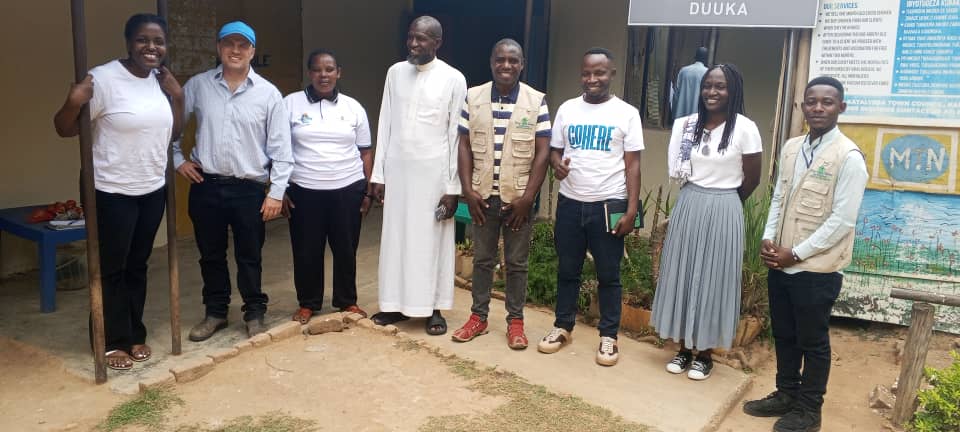
When INGOs Left, Abuba Stayed: Reclaiming Early Childhood Education in Rwamwanja
Recently, we spent time in Rwamwanja Refugee Settlement in South Western Uganda, learning from Abuba, the founder of Ignite Hope Initiative; a grassroots refugee-led organisation operating in Mahani Zone. What we encountered through Abuba’s story is not just a local response to a funding crisis, but a quiet re-writing of how education, ownership, and leadership…
-

Leaning In and Listening from the Ground: Insights from a conference with Rwamwanja refugee farmers
In January, I had, what I can honestly call, the most interesting “conference” I have attended for a very long time. This time it was not in a city boardroom, but in the farmers’ own compound, under the shade of an avocado tree in Nkoma zone, Rwamwanja Refugee Settlement (Uganda). Surrounded by their gardens, tools,…
-
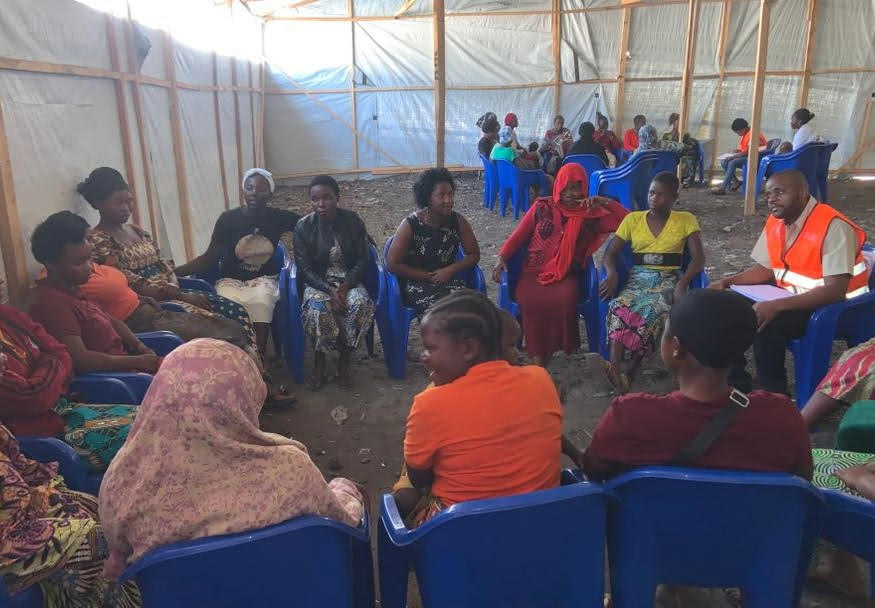
Suffering and Sovereignty – a UN system with misaligned values
The UN Chief, António Guterres, has warned that due to imminent financial collapse, the UN as we know it could implode. “Fifty years on, the UN continues to ask how it can remain relevant to people living in contexts of oppression and displacement. Yet the questions it poses often reveal a narrow understanding of what…
-
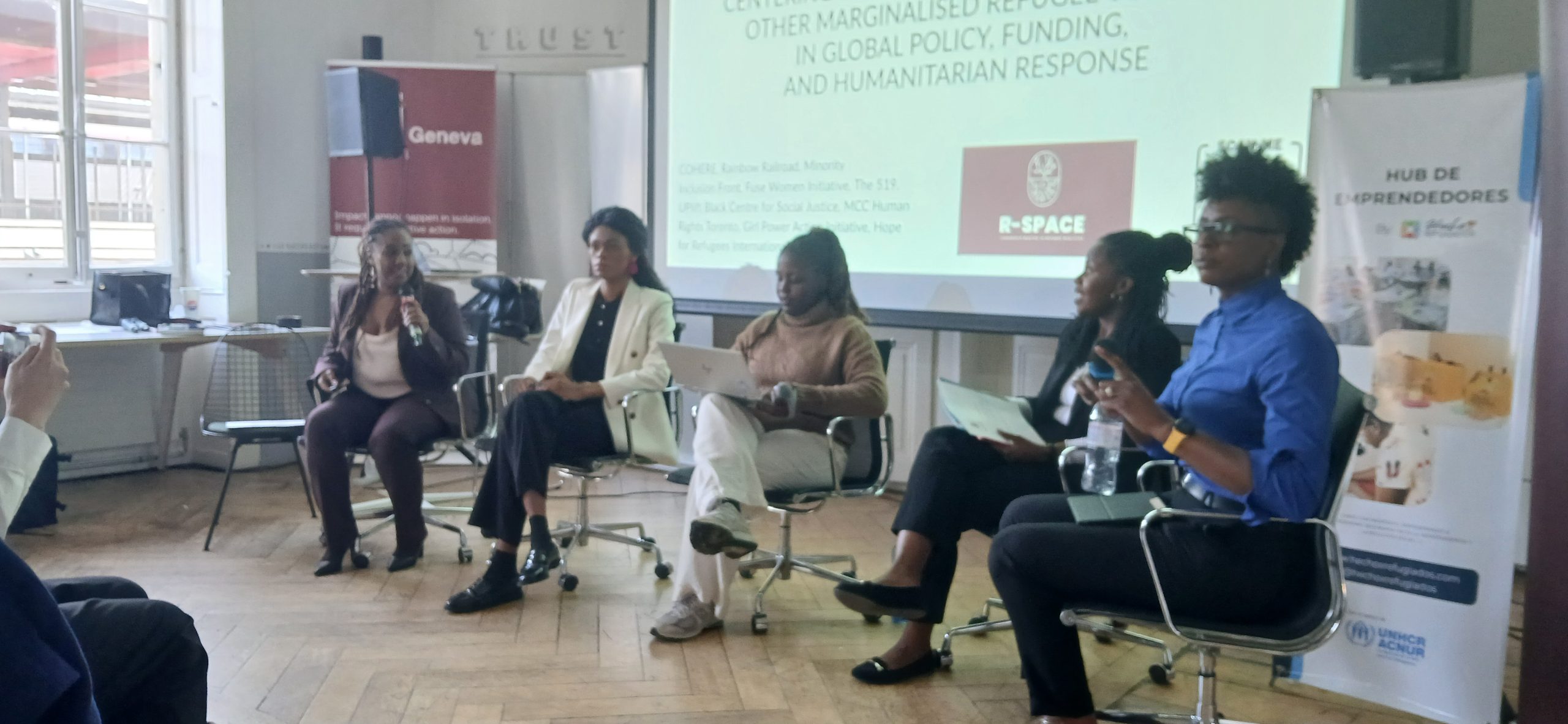
Reflections from Geneva on funding flows and the agency gap
R-Space returning to Geneva alongside the GRF Progress Review came with something the sector rarely gets right; a programme designed around refugee leadership. Over three days, the space brought together refugee leaders, organisations, and allies across protection, localisation, disability inclusion, climate, economic inclusion, gender, etc and with a clear signal that refugee expertise belongs at…
-
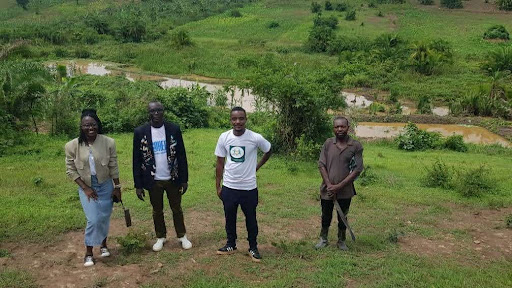
Advocating for us without us (Refugee Voices)
By Jenny Basika and Emmanuel Arika Samuel Refugee-led organisations are struggling for recognition, because when we talk about marginalisation in the sector it’s not always about funding but also trust and recognition. Refugee-led groups are often questioned for their capacity and accountability and a lot of mistrust on their core values and being talked about…
-

The Tailors of Kasisa
From Micheal and Jenny in Rwamwanja In the heart of Rwamwanja refugee settlement, in a small village called Kasisa, Basecamp 2, lives a quiet but remarkable couple; Mr. Bisimwa Mufambali and his wife, Ms. Fifi Balisesa. Their story is not one of large grants or official recognition, but of agency, humility, and the power of…
-
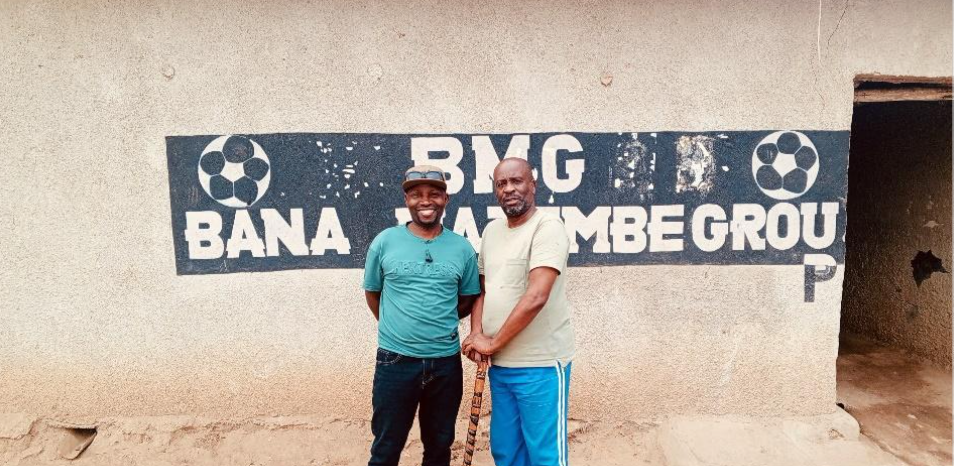
Voices from the Ground: Papa Banamazembe – The Man Who Refused to Wait for Help.
In this third episode of Voices from the Ground, I return to Rwamwanja refugee settlement. If you ask almost any refugee in Rwamwanja about “Banamazembe,” you will see a smile. They know the name. Behind it is Gustave Shambui; a man with a walking stick, a ready laugh, and an unshakable belief in the power…
-

Participation is Not the Path to Inclusion
This is the first blog in a series examining the participation and inclusion of displacement-affected communities in the humanitarian sector. In the humanitarian sector, participation has become a performance. INGOs and other intermediaries use it as proof of accountability and legitimacy to donors, but the way it is structured reveals a system built to preserve…
-
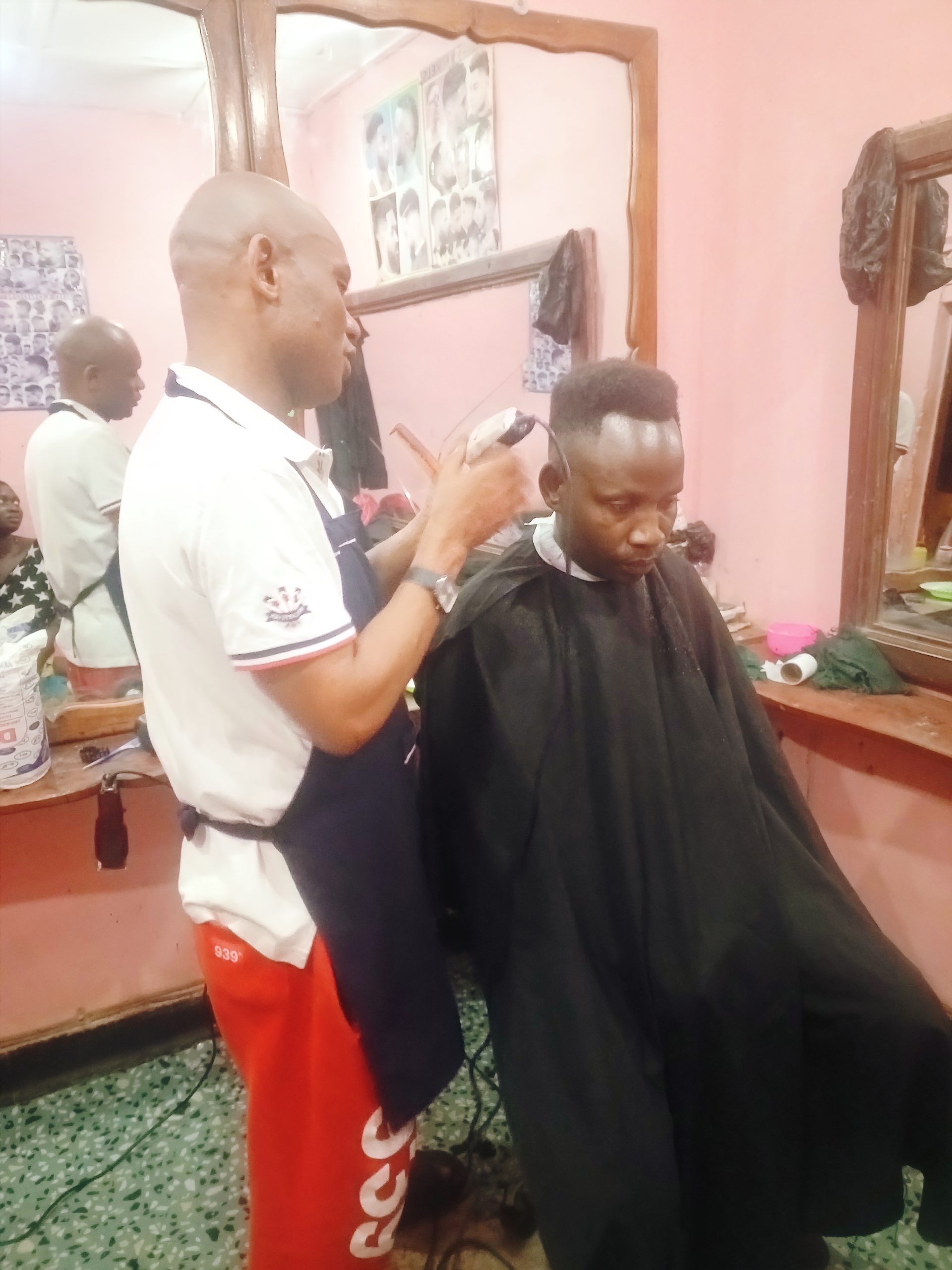
Voices from the Ground: What a Refugee Barber Told Me That No Donor Ever Has
In this second episode of Voices from the Ground, I return to Nakivale refugee settlement; not with a survey tool, but with curiosity, time, and a willingness to listen. What I encountered wasn’t in reports or logframes, but in quiet, unfiltered conversations with refugees. I had returned to Nakivale in Isingiro District, Western Uganda, as…
-
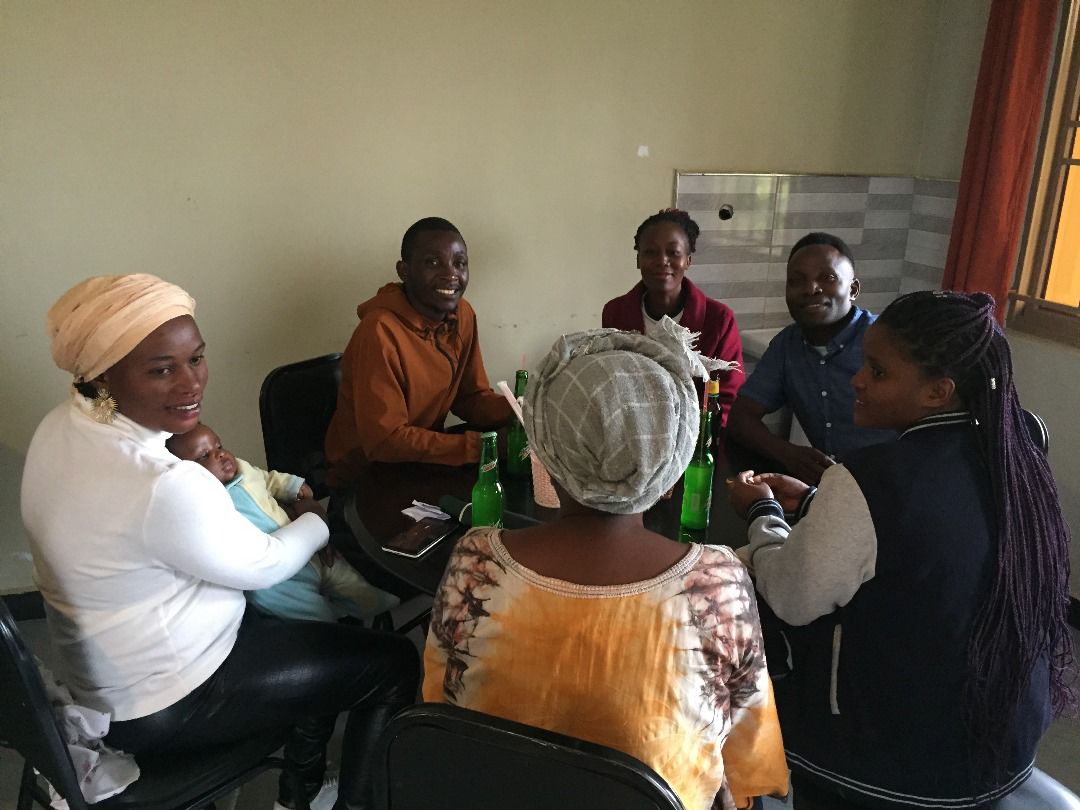
Voices from the Ground: When Visibility Replaces Value
In this episode of Voices from the Ground, I explore what it really means to be close to the community; and how trust-building and human relationships can reveal truths that reports and project metrics often miss. Recently, I spent time with a group of refugee women leaders in Rwamwanja settlement. I didn’t go with an…